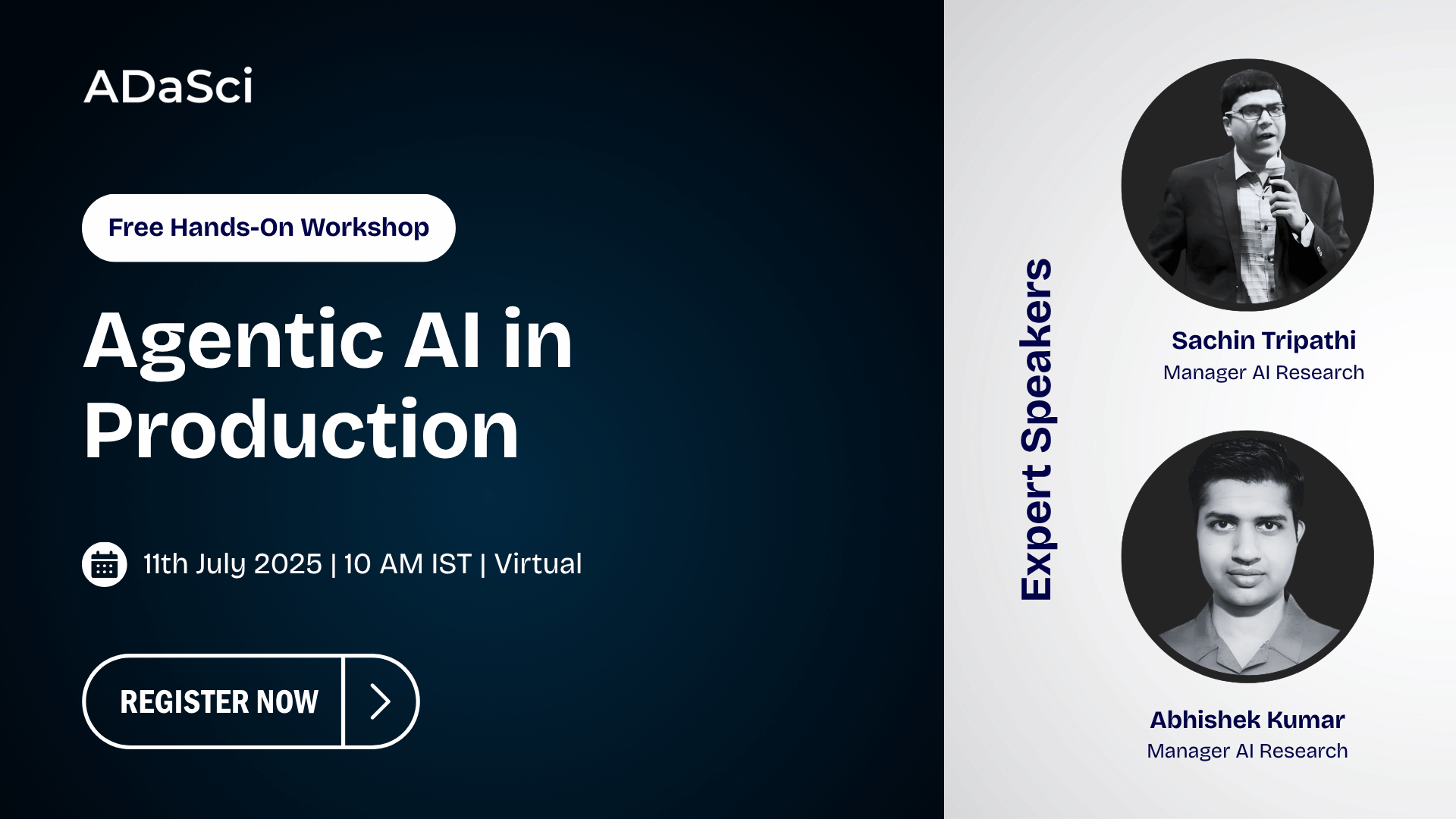Unraveling the Story of Large Language Models

Explore more from ADaSci
India’s most significant generative AI conference, the Machine Learning Developers Summit (MLDS) 2024, held in Bengaluru in February, brought together leading experts to explore the forefront of AI innovation. Among the distinguished speakers was Krupa Galiya, Senior Data Scientist at PatternAI. With a deep passion for learning, developing, and researching, Krupa shared her expertise in a compelling talk titled “Mastering the Giants: Techniques, Breakthroughs, and Tackling the Challenges of Large Language Models in the Real World.”
Breakthroughs in the Generative Way: A Historical Perspective
In her MLDS 2024 talk, Krupa Galiya delved into the historical journey of large language models (LLMs), offering a fascinating exploration of their roots. She emphasized the importance of understanding the evolution of LLMs, tracing back to 1948, when basic n-gram models laid the groundwork. Krupa highlighted breakthroughs like the introduction of Recurrent Neural Networks (RNNs) and Long Short-Term Memory (LSTM) models, crucial for handling sequential data. The narrative continued to unfold with the advent of Transformers in 2017, a pivotal moment in the field.
From Words to Vectors: The Semantic Leap
Krupa discussed the transition from simple language models to more sophisticated approaches, emphasizing the significance of word embeddings. She highlighted the shift from traditional models to models like Word2Vec in 2013, which enabled a deeper understanding of semantic meanings. The talk underscored the importance of semantic embeddings in enhancing the capabilities of language models.
The Rise of Transformer Architecture: A Game-Changer
The transformative impact of attention mechanisms and the introduction of Transformer architecture in 2017 became a focal point of Krupa’s discussion. The talk explored how attention mechanisms and the Transformer model revolutionized the field, making it flexible and applicable to various types of data beyond text, such as images and speech.
Transfer Learning and Universal Language Models
Krupa shifted gears to discuss the paradigm shift brought about by transfer learning and universal language models in 2018. She explained how these models, pre-trained on vast amounts of internet data, could be fine-tuned for downstream tasks. The discussion touched on the implications of incorporating such models into diverse domains, making them applicable across various domains.
The Game-Changing Model and Its Integration with Google Search
An essential part of Krupa’s talk was dedicated to the revolutionary BERT (Bidirectional Encoder Representations from Transformers) model introduced by Google in 2018. She highlighted its open-source nature and its integration into Google Search, marking a paradigm shift in search engine capabilities. The discussion delved into the impact of BERT on natural language processing tasks.
Challenges and Future Directions in LLMs: Ethical Considerations and Transparency
As the talk progressed, Krupa addressed the challenges associated with LLMs, focusing on issues like hallucination, privacy concerns, and model interpretability. The talk provided insights into ongoing research and solutions to mitigate these challenges, emphasizing the importance of ethical considerations and transparency in AI development. Krupa also touched upon the future directions of LLMs, discussing topics like multimodal capabilities, expressive feedback, and the quest for Artificial General Intelligence (AGI).
Conclusion
Krupa Galiya’s talk at MLDS 2024 offered a comprehensive journey through the history, breakthroughs, and challenges of large language models. Her insights into the evolution of language models and their real-world applications provided attendees with a deeper understanding of the ever-expanding landscape of generative AI. As the field continues to advance, Krupa’s talk serves as a guiding beacon, helping navigate the complexities and possibilities that lie ahead.






